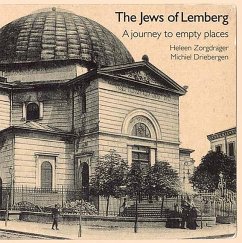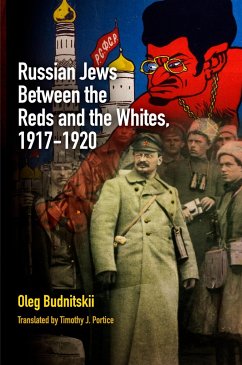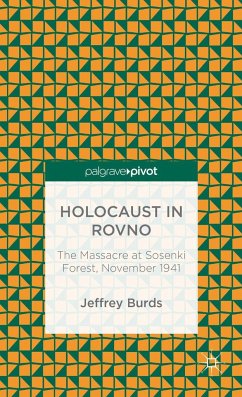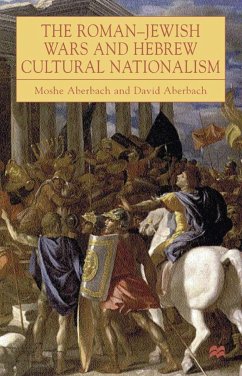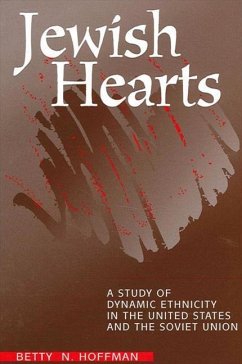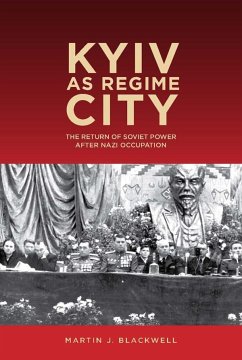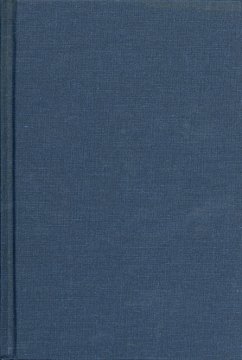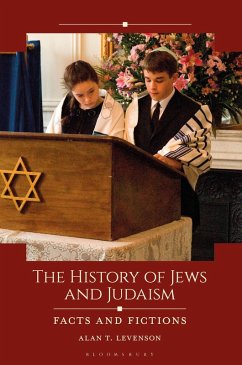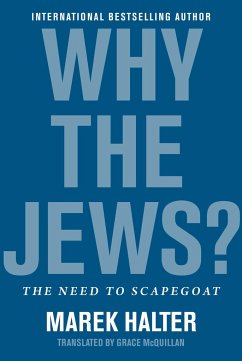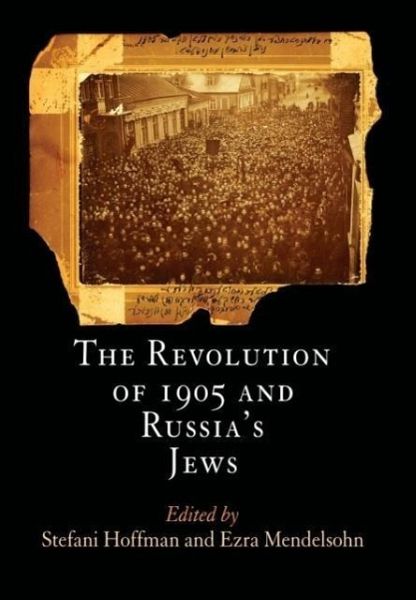
The Revolution of 1905 and Russia's Jews
Versandkostenfrei!
Versandfertig in über 4 Wochen
68,99 €
inkl. MwSt.

PAYBACK Punkte
34 °P sammeln!
The 1905 Revolution in Russia ushered in an unprecedented (though brief) period of social and political freedom in the Russian Empire. This environment made possible the emergence of mass Jewish politics and the flourishing of a new, modern Jewish culture expressed in Yiddish, Hebrew, and Russian. Unfortunately, 1905 also unleashed popular anti-Semitism in the shape of pogroms on a scale previously unknown. Russian Jewry, by far the largest Jewish community in the world at that time, faced fateful decisions. Should the Jews strive to uphold Jewish national uniqueness either in the context of t...
The 1905 Revolution in Russia ushered in an unprecedented (though brief) period of social and political freedom in the Russian Empire. This environment made possible the emergence of mass Jewish politics and the flourishing of a new, modern Jewish culture expressed in Yiddish, Hebrew, and Russian. Unfortunately, 1905 also unleashed popular anti-Semitism in the shape of pogroms on a scale previously unknown. Russian Jewry, by far the largest Jewish community in the world at that time, faced fateful decisions. Should the Jews strive to uphold Jewish national uniqueness either in the context of the Russian Empire or by emigrating to Palestine/the Land of Israel, or should they identify with and merge into the general revolutionary or liberal movements in their country of birth? What direction should Jewish culture and social organizations take within the context of democratization and modernization? In what language or languages should this culture be expressed? How should Jews abroad react to the revolutionary crisis and to the dilemmas of their coreligionists? The thought-provoking essays in this volume shed new light on these issues while placing them in the larger context of the historical, social, and cultural developments within the Russian Empire. The authors, representing various disciplines, emphasize both the highly varied Jewish responses to the great crisis and the degree to which these responses shared certain vital characteristics.



